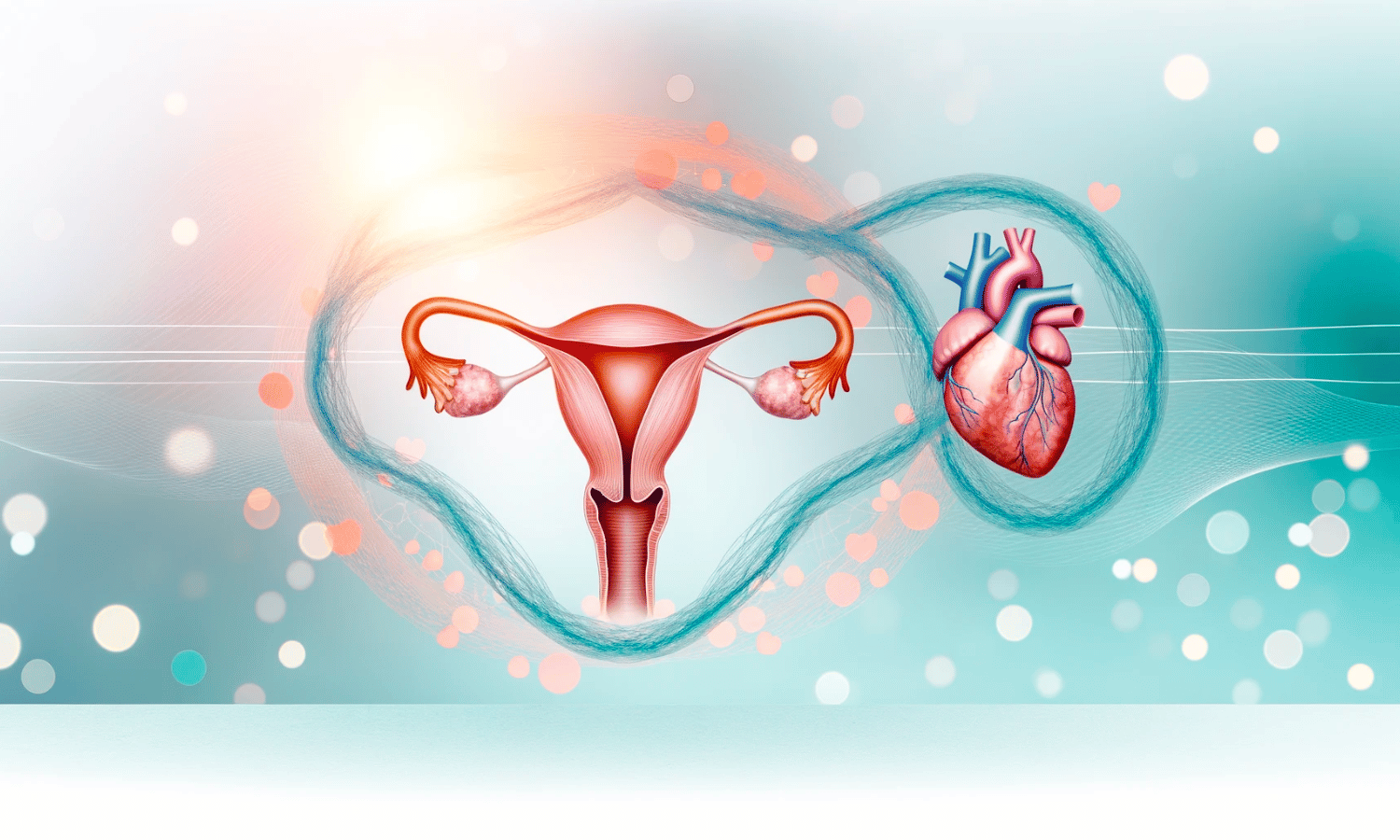Connection Between Uterine Fibroids and Heart Disease
Did you know that uterine fibroids, a condition affecting millions of women worldwide, might have more to do with your heart health than previously thought? While these non-cancerous growths in the uterus are common and often considered a standalone women's health issue, emerging research suggests a surprising link to heart disease—the leading cause of death for women globally. In this comprehensive guide, we'll delve into this connection, offering insights into how managing one condition may influence the risk of the other.
Understanding Uterine Fibroids
Uterine fibroids are benign tumors that grow within the muscular tissue of the uterus. Many women live with fibroids unknowingly, as they can be asymptomatic. However, for others, fibroids may cause heavy menstrual bleeding, prolonged periods, pelvic pain, and fertility issues. The exact cause of fibroids remains unknown, but factors like hormones and genetics play significant roles.
So, why focus on fibroids if you're concerned about heart health? Because understanding the complexities of fibroids can be the first step in recognizing broader health implications, including potential impacts on your cardiovascular system.
The Impact of Heart Disease on Women
Heart disease is often seen through a lens that doesn't fully capture its prevalence among women. It's not just a "man's disease." For women, heart disease can manifest with different symptoms—sometimes subtler than the traditional chest pain. Think shortness of breath, nausea, and extreme fatigue. Risk factors like high blood pressure, cholesterol, smoking, and diabetes are common culprits, but did you know that conditions like uterine fibroids might also play a role?
Exploring the Connection between Uterine Fibroids and Heart Disease
Recent studies have begun to shed light on the link between uterine fibroids and heart disease. Women with fibroids may be at a higher risk of developing hypertension, a key risk factor for heart disease. Additionally, the inflammation associated with fibroids could contribute to the buildup of plaque in the arteries, further increasing heart disease risk.
This connection underscores the body's interconnected nature, where hormonal imbalances and systemic inflammation can influence cardiovascular health. While research is ongoing, these findings highlight the importance of holistic health management, especially for women with or at risk of fibroids.
Managing Risks and Improving Health
The intersection between uterine fibroids and heart disease emphasizes the need for comprehensive health strategies. Here are several steps to manage your risk:
Regular Monitoring: Stay ahead with regular check-ups that monitor the size and symptoms of fibroids, as well as heart health markers.
Lifestyle Adjustments: Incorporate a heart-healthy diet, regular physical activity, and stress reduction techniques into your daily routine.
Medical Management: Discuss with your doctor the best treatment plan for fibroids, which may include medication or surgery, depending on your condition and health goals.
By addressing fibroids proactively, you may not only alleviate their direct symptoms but also contribute to your heart's long-term health.
Ready to Take the Next Step?
The connection between uterine fibroids and heart disease is a potent reminder of our body's complexity and the intertwined nature of our health. As we uncover more about how these conditions influence each other, the importance of a holistic approach to health becomes clear. Whether it's through lifestyle changes, medical treatment, or both, taking action against fibroids can be a step toward protecting your heart.
If you're concerned about uterine fibroids, heart health, or both, don't hesitate to reach out to our specialists at Indiana Vascular. Our team is dedicated to providing comprehensive care tailored to your unique needs, helping you manage your risks and embrace a healthier future. Schedule an appointment today and take the first step towards holistic health and wellness.

